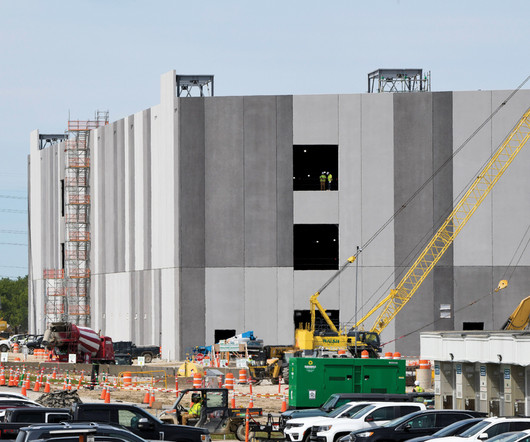DOE awards $19M to 13 initiatives in fossil-fuel areas to produce rare earth elements and critical minerals
Green Car Congress
MAY 3, 2021
San Juan River-Raton-Black Mesa Basin (Arizona, Colorado and New Mexico): New Mexico Institute of Mining and Technology plans to determine the rare earth elements and critical minerals resource potential in coal and related stratigraphic units in the San Juan and Raton basins in New Mexico. DOE Funding: $1,204,129. DOE Funding: $1,499,999.













Let's personalize your content